Watch on YouTube
Phil Gramm is an American icon. He was born in Georgia, grew up in tough circumstances, received his BA and PhD in Economics from the University of Georgia, taught at Texas A&M University, was elected to the House of Representatives from Texas in 1978, was elected U.S. Senator from Texas in 1984, and served in the Senate until 2002 when he resigned to work for UBS AG, serving as Vice Chairman of Investment Banking. He subsequently ran his own investment company. Senator Gramm is a Republican, but not a supporter of the former President.
During his time in the Senate, Senator Gramm was hugely influential. He served on the Senate Banking Committee as a member and, starting in 1999, as Chair. Senator Gramm's name is on or underlies a number of major fiscal bills, including the Gramm-Rudman-Hollings Act, focused on deficit reduction, the Gramm-Leach-Bliley Act, which reformed financial regulation, and the Commodities Futures Modernization Act, which deregulated the sale of derivatives.
Phil is a true Texan notwithstanding his Georgian roots. He has strong views, which he states and defends vigorously with no concern for the political fallout. You may dislike his policy prescriptions, past and present, but you can't help but genuinely admire and like the man. The thing I (Larry) like best about Phil is, duh, he's an economist and a very fine one at that. Congress has 535 members. Not a single one has a PhD in economics. Phil is one of a handful of PhD economists who have served in Congress. The body has been and remains lousy with lawyers.
In this remarkable podcast, Phil discusses his new, co-authored book, The Myth of American Inequality. I highly recommend it. It upends conventional measurements of inequality and fiscal fairness with some truth serum -- it redoes the bookkeeping on these issues by appropriately including all government benefits -- not just those provided in cash, but also those provided in kind. What surfaces is a completely different picture of inequality and fiscal fairness trends than conventional and conventionally flawed accounting suggests. In this paper with Berkeley economist, Alan Auerbach, and my company's software engineer, Darryl Koehler, we confirm most of Phil's thesis, albeit using a more robust methodology that incorporates remaining lifetime benefits and taxes.
Do listen to and share this podcast. Senator Gramm is a truly great American and he's co-written a terrific book. It doesn't say all is right in America. It does say we need to assess where things are and have been based on all the facts, not those that systematically misrepresent what's going on.
Economic Matters - The podcast is hosted by Laurence Kotlikoff and moderated by Alex Kotlikoff.
Laurence Kotlikoff is a Boston University Economist, a NY Times Best Selling Author, President of maxifi.com, and Author of Money Magic.





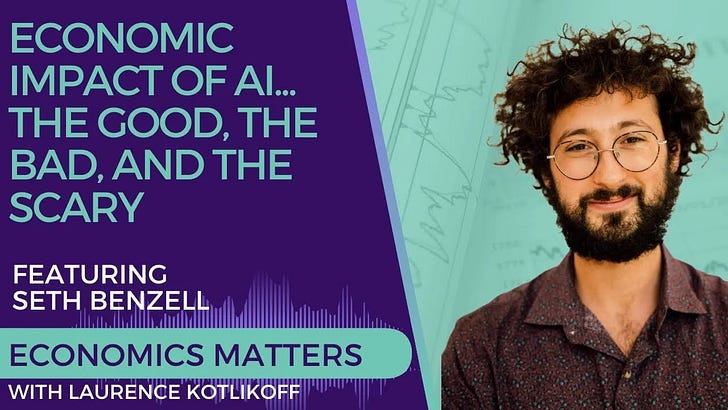
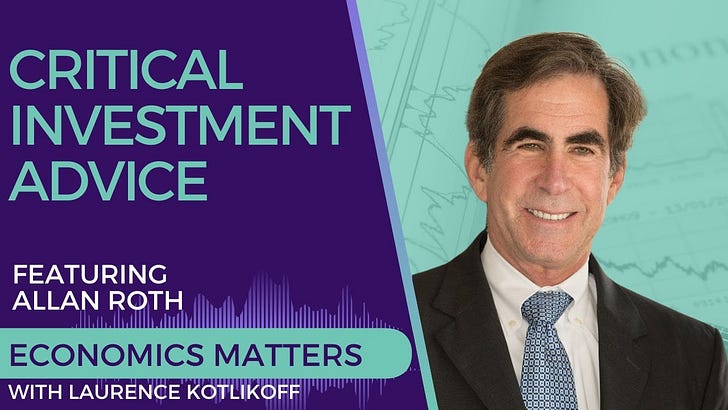
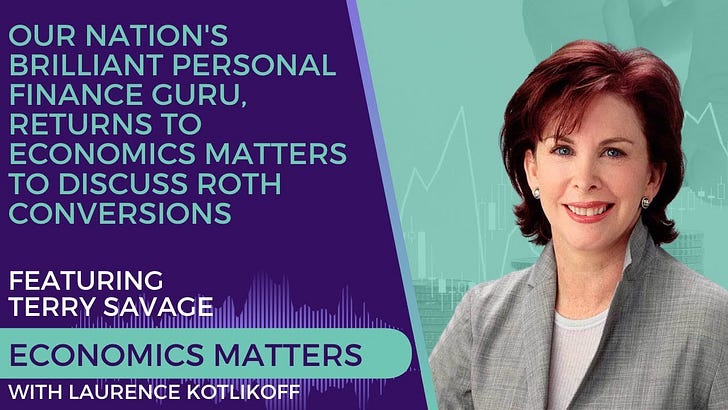
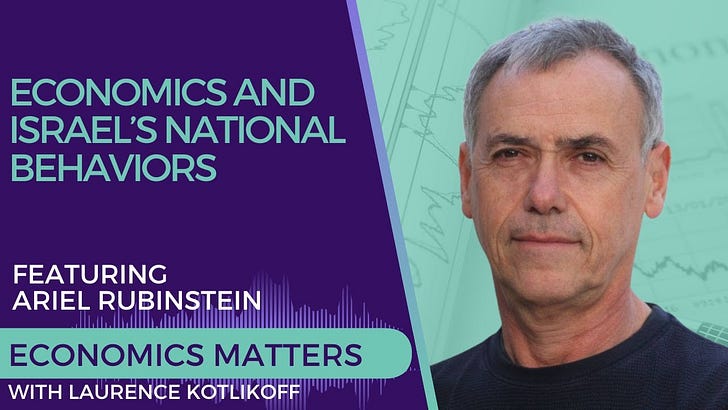
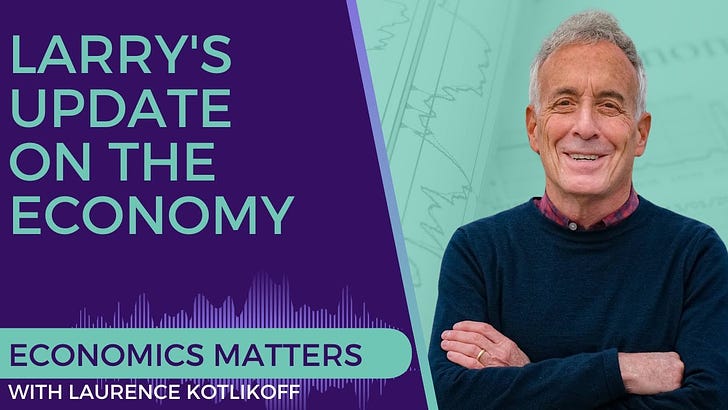
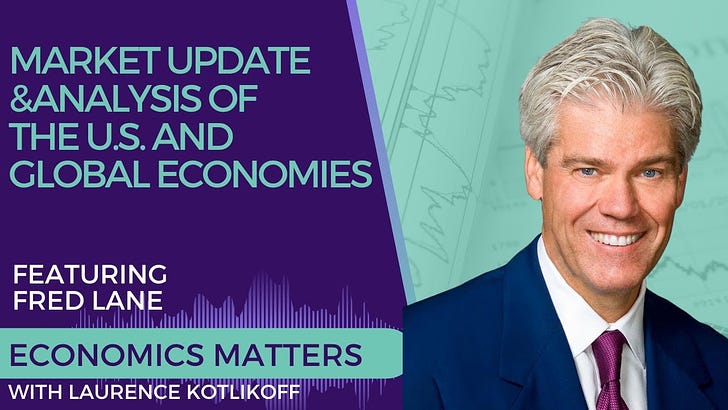
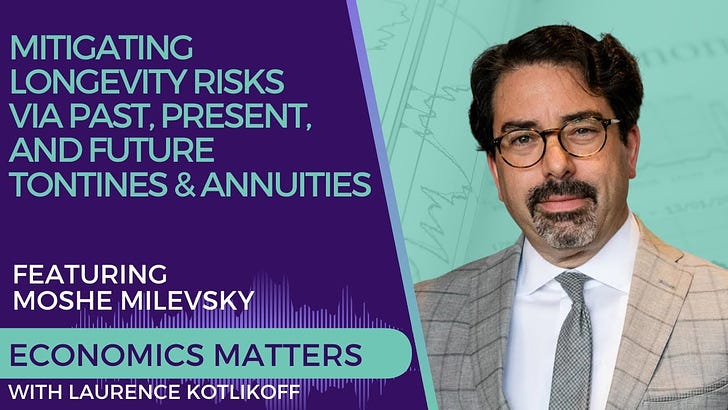
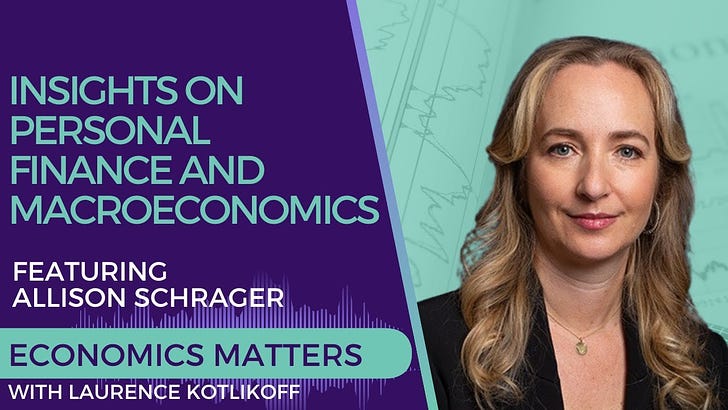
Share this post